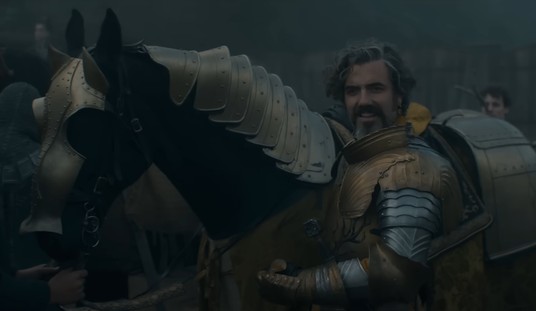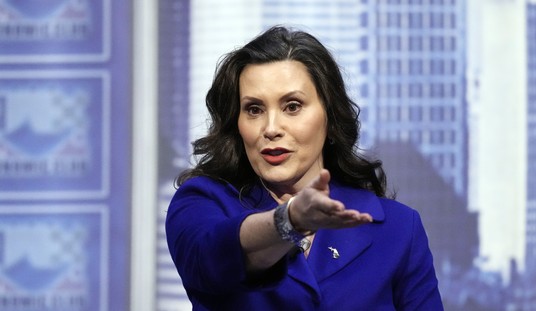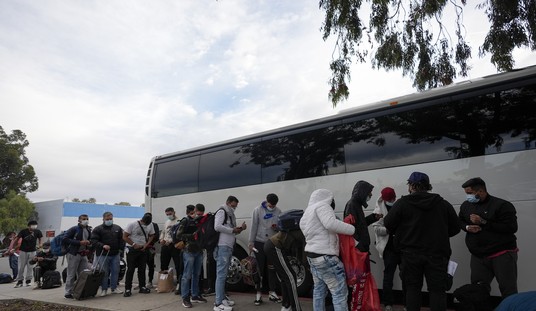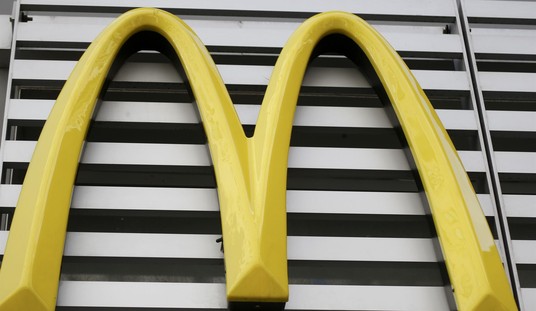The Supreme Court heard oral arguments this past week in a case that may well decide the fate of the First Amendment in America.
A case that began in 2012 has finally snaked its way to the Supreme Court, and the stakes could not be higher. Colorado Baker Jack Phillips was sued and harassed by the Colorado Civil Rights Commission after he refused to bake a wedding cake for a same-sex wedding ceremony, citing his Christian faith.
Phillips did not disparage the same sex couple that came to his store, Masterpiece Cakeshop, he just referred the couple to another bakery because of his Christian conviction that marriage is the relationship between one man and one woman. David Mullins, the man who placed the order for the cake, refused to take no for an answer and decided to destroy Jack Phillips’s company.
The Colorado Civil Rights Commission found that Mr. Phillips did not have a right to religious liberty when it came to baking a wedding cake, and drove him out of business. The question that has now come to the Supreme Court is whether or not sexual expression is championed above the constitutional right to religious liberty. The Left has, for decades, attempted to have sexual orientation and action treated equally with race and gender under Civil Rights protections. This argument is spurious at best, as race and gender are immutable, involuntary traits of an individual while sexual preference is not, but it has proven to be quite the legal juggernaut.
Liberals are comparing Mr. Phillips’s refusal to bake a wedding cake to restaurant owners refusing to serve African American patrons in the sixties. Recently, a Fox News editorial noted that one case likely to be considered precedent is the case of Newman vs. Piggie Park Enterprises, Inc. from 1968.
This was a case regarding the refusal of service to African American patrons at a BBQ restaurant in Columbia, SC. The owner, Maurice Bessinger argued that his decision to refuse service was based on his religious belief “any integration of the races whatsoever” is wrong. Bessinger was a known virulent racist, and his position was, in the words of the Supreme Court decision, “patently frivolous.”
There is no comparison, however, between the evil actions of Maurice Bessinger and the religious conviction of Jack Phillips.
Religious liberty protections are not a license to discriminate; they are protections for people of faith not to be discriminated against. Mr. Phillips cake shop did not refuse to serve people based on immutable, involuntary traits, nor did it refuse to serve gay and lesbian individuals as a matter of routine course.
Mr. Phillips merely stated that he would not participate in a same-sex marriage ceremony that he believes violates the holy sanctity of the sacrament of marriage. There is a clear difference between Bessinger making-up a “religious” belief and Jack Phillips citing a long-standing tenet of the Judeo-Christian belief system.
The Supreme Court should rule in Mr. Phillips’s favor for the same reason it ruled against Maurice Bessinger: to protect the constitutional rights of people being aggressively deprived of them by a bigoted enemy.













Join the conversation as a VIP Member